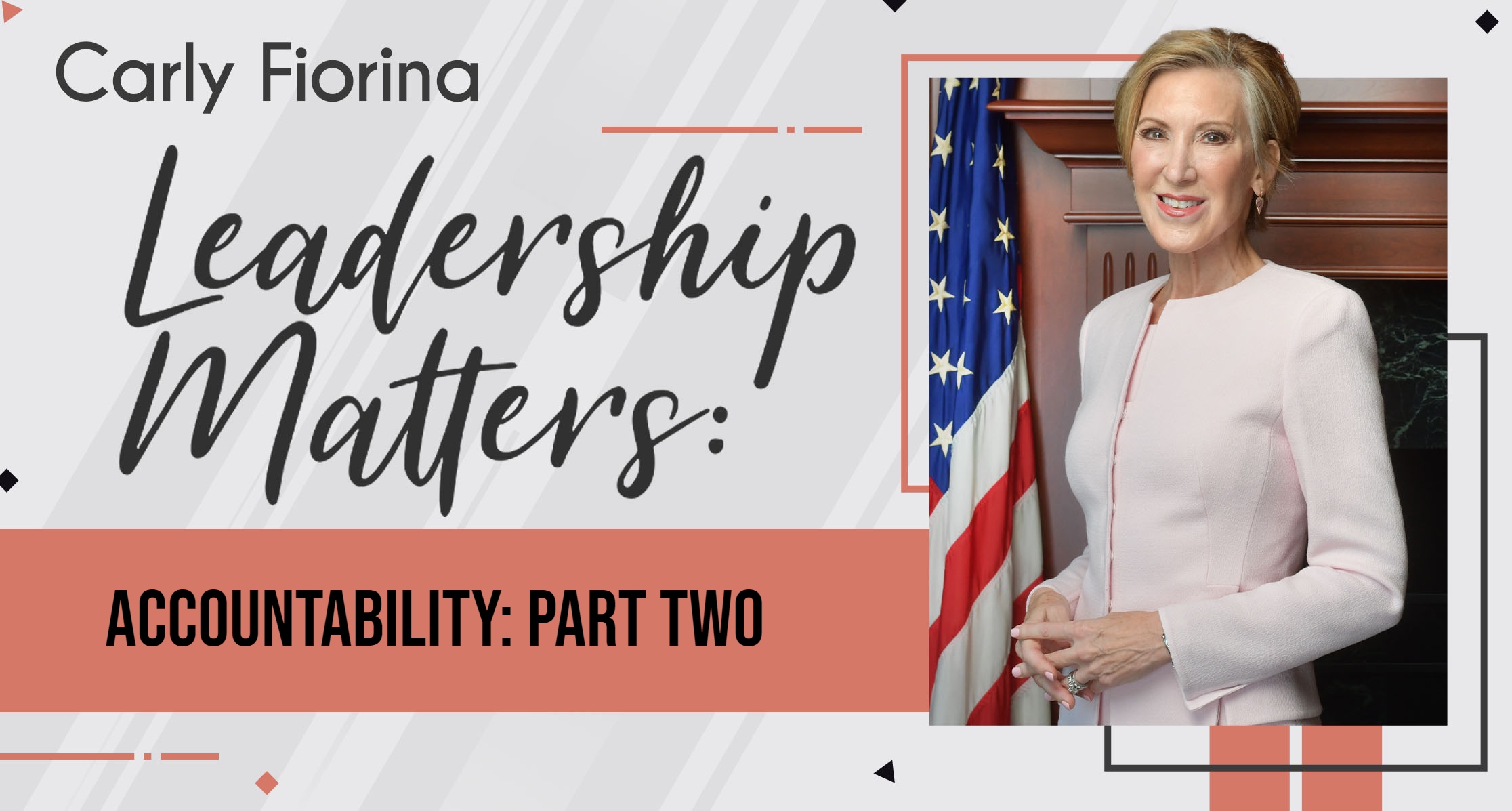
Lessons Learned from a Pandemic

After a recent speech, I was asked an interesting question by an audience member. What are the most important lessons organizations have learned during the pandemic and that we all should remember going forward?
I think there are three: peripheral vision, adaptability and innovation, and prioritization.
Peripheral vision is defined as “being the outer part of the field of vision.” I describe it as the ability to look all around. In business we tend to talk about the importance of strategic vision, that is, the ability to look ahead. The pandemic is a reminder that we cannot predict the future. So often, the most transformational events are not foreseen at all or are so poorly understood that we ignore them completely as we look ahead. There are so many examples: the introduction of new technologies that completely reorder winners and losers in an industry; the dotcom bust or the financial crisis; terrorist and cyber-attacks; a pandemic. Or, on a somewhat smaller scale, perhaps a competitor or key partner does something unexpected or an important customer set reacts unpredictably.









